Reimagining the PhD Cohort
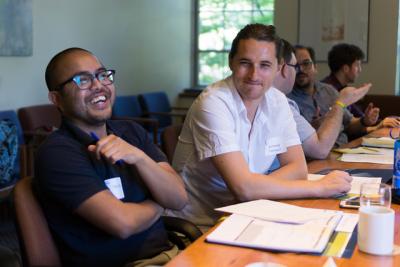
In July 2015, the Simpson Center launched Reimagining the Humanities PhD and Reaching New Publics with the generous support of The Andrew W. Mellon Foundation. The conviction animating this initiative was that doctoral education, especially at a public university, must be guided by a capacious vision of its fundamental purpose: to contribute to the public good. From 2015-2021, the program prepared UW doctoral students in the humanities for this task by meaningfully connecting them to the diverse, access-oriented institutions of higher education in the Seattle District community colleges, and by supporting the development of both doctoral students’ public projects and publicly engaged graduate seminars taught by UW faculty in the humanities. Find out more about our programming below.
2021 - 2022 Scholars


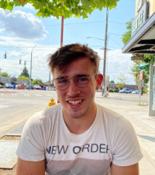
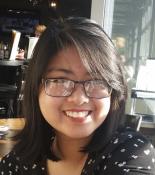
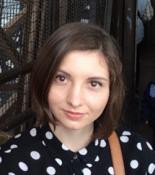
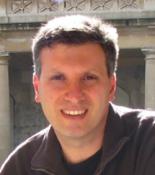
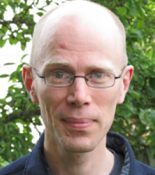
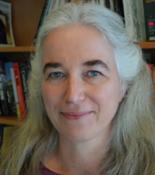
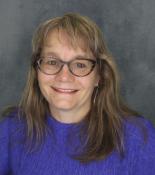
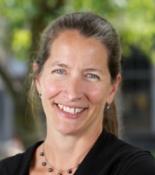
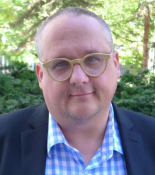
2021 - 2022 Reimagining the Humanities PhD Scholar
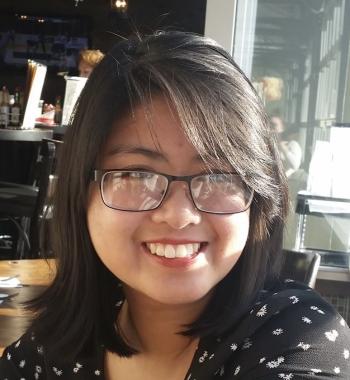
Anna Nguyen (she/her/hers)
Intersections: Mapping the History of Asian Migration onto Coast Salish Lands
Anna Nguyen and Madison Heslop’s project is a publicly accessible digital map, hosted online via UW Libraries, that charts the conditions of Asian migration onto Coast Salish homelands and analyzes the intersections between Indigenous and Asian American histories in Seattle and the central Puget Sound area. Following Indigenous feminist methods, the map will combat dislocations—a motif shared by both Indigenous and Asian American communities—by mapping connections between places and peoples, and between peoples and cultures. After a relevant site has been identified and investigated, its original spatial context will be located on a digital interactive map, where the stores and place can be tied together. The purpose of the project is not only to address the problematic history of Asian migration and settlement onto Coast Salish lands, but also to reveal potential points of solidarity between Native peoples and Asian Americans in the past, present, and future. To that end, “Intersections'' will involve community partnerships to identify significant places and stories, raise the profile of underrepresented local histories, and to incorporate educational workshops into the research process so that community members can be empowered to pursue their own projects in the future.